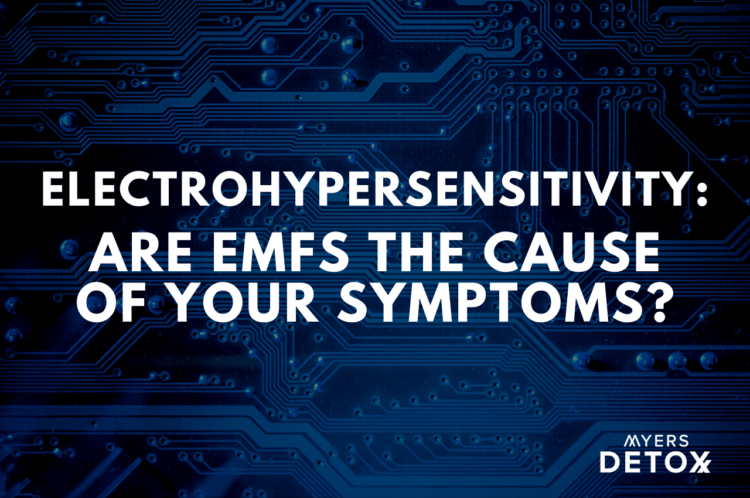The sensitivity to electromagnetic fields (EMF sensitivity) can be described as a situation where the person is a sensitization to the electromagnetic fields that surround him. The condition isn't limited to environments where there is no electrical current, but can affect those who have an open circuit, or who are subject to magnetic fields over extended durations of time. The Environmental Health Center in Dallas has a thorough understanding of the causes of EMF sensitivity, and can help patients treat the symptoms. The center has the ability to perform tests to determine whether the patient is at risk of EMF exposure. This can be done with new technology that can measure heart rate variation.
IEI-EMF sensitivity is a symptom of emf exposure
Electromagnetic pollution and the generated electromagnetic fields have been linked to the onset of a number of diseases. The signs are usually difficult to detect, and some people have reported a range of symptoms. They could be the result of pre-existing conditions or as a reaction to stress caused by the prospect of exposure to high levels radiation fields. Whatever the reason the symptoms can be debilitating for people who experience them. Despite this, the scientific community isn't quite sure how common the IEI-EMF sensitization syndrome is and how widespread it is.
It is not a symptom of electrohypersensitivity
While the symptoms of electrohypersensitivity and EMF sensitivity are similar, there are some key differences. Electromagnetic hypersensitivity is frequently misunderstood and symptoms may vary. It is essential to obtain an accurate diagnosis in order to determine the causes behind the condition and the possible treatments.

electromagnetic hypersensitivity symptoms isn't a symptom of EHS
Although EMF sensitiveness isn't a defining characteristic of EHS, it is often associated with the disorder. Indeed, some studies have suggested that the condition may be related to environmental and genetic factors rather than any specific physical disorder. Despite emf sensitivity symptoms , more research is needed to come to a definitive conclusion.
It can be confusing
The signs of EMF sensitivity can be perplexing. The majority of EHS sufferers don't believe that their symptoms are due to a particular source. They seek medical treatment, but are unable to obtain a convincing diagnosis. The result is that they might have some sort of mental disorder, and leads to an increased feeling of despair and anxiety.
It can be scary
EMFs, also known as electromagnetic fields or EMFs, can be terrifying. Many people have reported experiencing uncomfortable symptoms when they are exposed to these fieldsthat originate from devices such as Wi-Fi routers and mobile phones. The symptoms vary in severity, and in the most severe cases, people are forced to stay away from the use of fluorescent lighting and electronic devices. In extreme cases, people may even withdraw from the modern world and live in isolated communities known as "EMF-free areas".
It may aid in the production of melatonin.
The most important hormones that the body produces Melatonin is a hormone that is produced in the pineal gland. It is implicated in many physiological functions, including the regulation of circadian rhythm. However, its role as a factor of protection from non-ionizing fields of electromagnetic radiation has been questioned mostly due to the inconsistency between studies. Our understanding of the hormone's protection mechanisms is largely based on our knowledge of the mechanism that it acts to shield your body from the oxidative stress induced by exposure to RF/ELF.
It can aid with changes in the autonomic nervous system.
Several studies show that EMF sensitiveness can affect the autonomic nervous system. People suffering from the condition may be affected by altered autonomic reactions and may experience digestive issues. There are some patients who have trouble digesting food properly , or pass out following a light amount. electromagnetic hypersensitivity syndrome may notice changes in body temperature or are suffering from heat intolerance. These issues are typically due to other health issues like diabetes.
